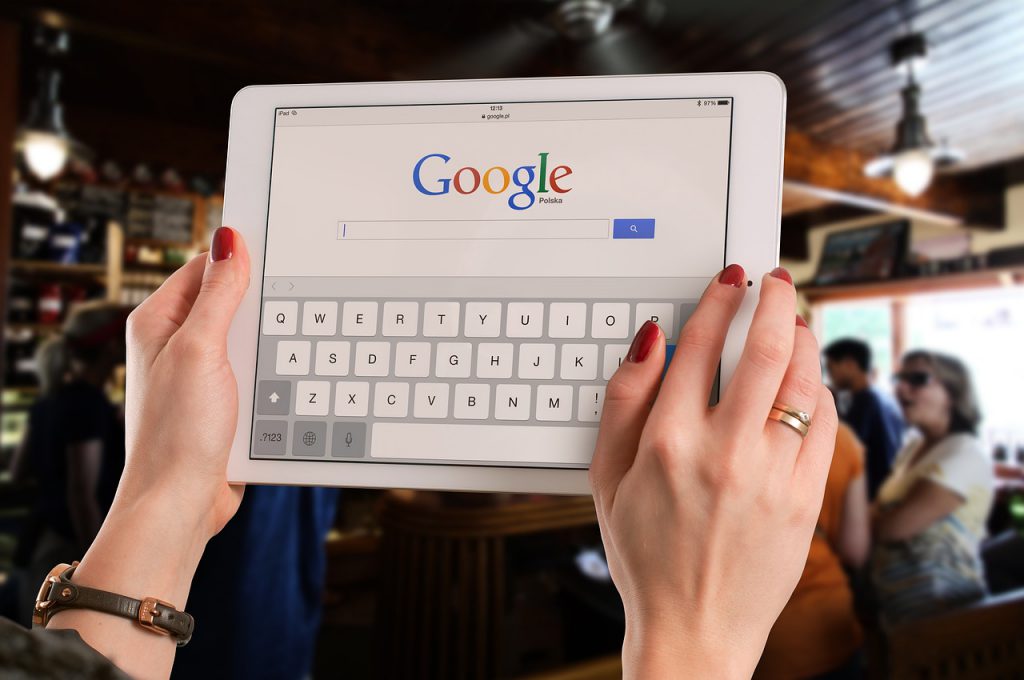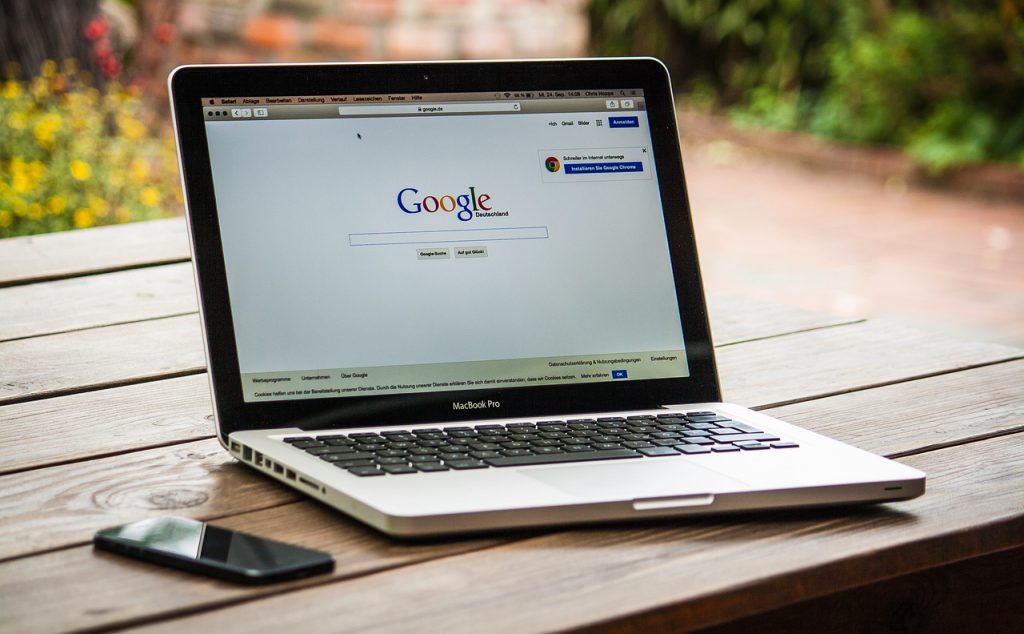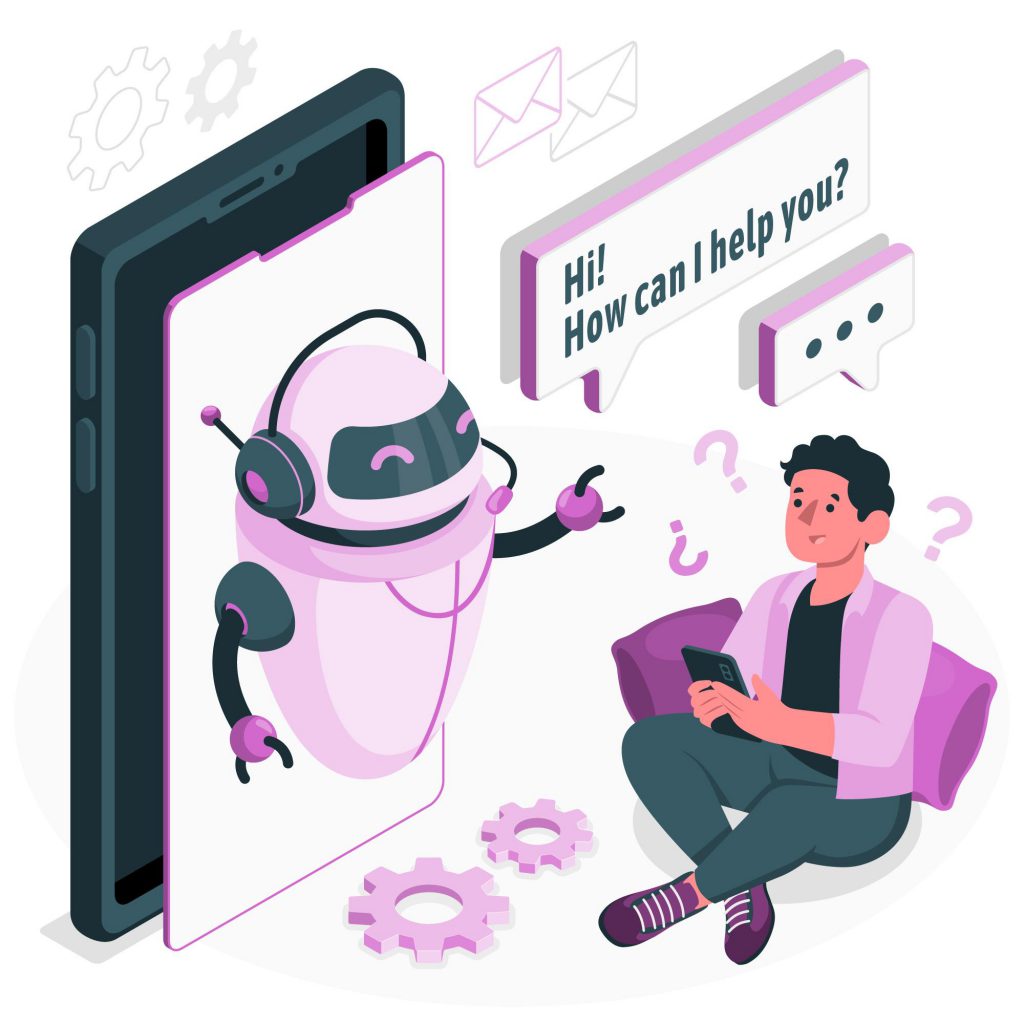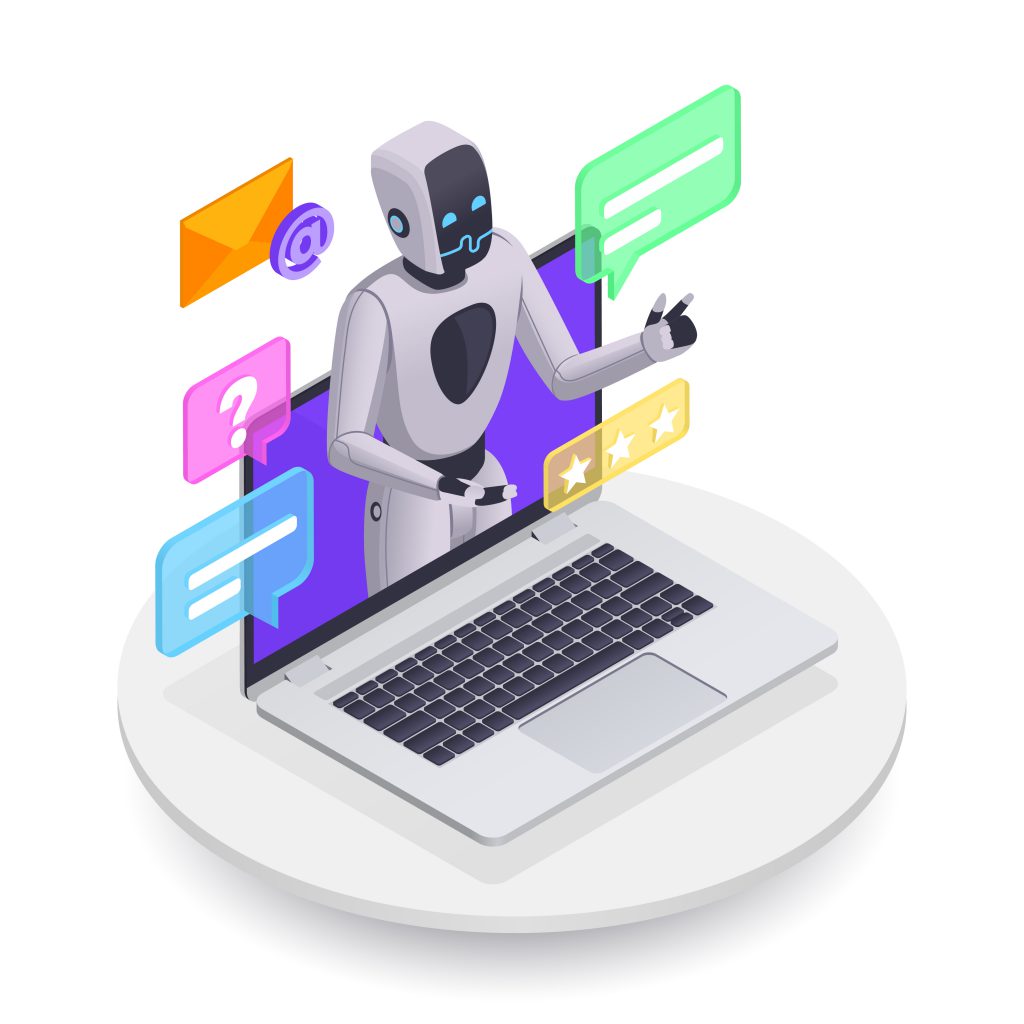Do you know that Microsoft is intending to invest $10 billion in OpenAI and merge ChatGPT with Bing, which can compete with Google?
The question now is: will it replace Google in the future?
Before we get into the specifics, let’s first grasp how Google and ChatGPT work.
What exactly is Google?
Google is a popular online search engine that many people use to find websites and information on the internet. It is owned by Alphabet Inc.’s subsidiary Google LLC, and it is the world’s most popular internet search engine, with a market share of 92.58%.

It also has its own conversational artificial intelligence technology, such as Google Assistant. The company also debuted Google LaMDA, its breakthrough dialogue technology, in 2021, and bills itself as an “AI-first” corporation.
What exactly is ChatGPT?
OpenAI created ChatGPT, an AI-powered dialogue-based chatbot. It’s good at interpreting requests and responding with natural language processing.ChatGPT (Generative Pre-Trained Transformer) is an AI chatbot that interacts with humans in a conversational fashion.

It is based on the GPT-3.5 big language model, which is trained using human feedback and leverages natural language processing. It has been trained to predict the next word in a succession of words or sentences after analyzing over 570 terabytes of textual material. ChatGPT’s research preview (prototype) is currently available for free.
Let’s distinguish between Google and ChatGPT now that we’ve established their roles.
What distinguishes Google from ChatGPT?
1. Google Information Index has been updated:
Google’s index is constantly updated to reflect the most recent events and developments worldwide. On the other hand, the prototype of ChatGPT only knows about world events up to September 2021. Despite its limited expertise, ChatGPT is incredibly good at reading user requests and creating responses and solutions via NLP.

2. Google shares credible information sources
Google relies on the data in its index to respond to user inquiries and searches. The Dialogue-based chats on ChatGPT do not disclose any information regarding the sources of information, which raises concerns about their credibility.
3. Google provides a variety of format options
Google, as an online search engine, gives many possibilities for search results as well as a comprehensive supply of information on the result pages. ChatGPT currently only provides textual responses to queries. Google, on the other hand, provides results in the most appropriate format—text, photographs, videos, Q&A, products, and so on.
4. AI and NLP are used by both Google and ChatGPT
Google currently employs AI in its search queries, but it is not as sophisticated as ChatGPT. Google employs artificial intelligence (AI) to comprehend the context of the query and give more relevant results. It also uses AI to comprehend the query’s intent in order to offer more accurate results. Natural Language Processing (NLP) is used by both ChatGPT and Google to understand and respond to user questions. ChatGPT, on the other hand, is specifically intended for conversational AI, making it better capable of handling complex discussions and interpreting natural language inputs.

5. ChatGPT integrates well with third-party tools
ChatGPT is simple to interface with a wide range of platforms and applications, including messaging apps, social networking platforms, and websites. It’s also adaptable, allowing firms to adjust it to their own requirements. Google, on the other hand, is deeply linked to its suite of goods, although it may not be as adaptable in terms of customization and integration.
6. ChatGPT generates text that is very similar to text written by a human
ChatGPT generates text that is very similar to text written by a human. This is due to the fact that it has been trained on a huge corpus of data and has been built to understand linguistic nuances. ChatGPT excels in generating human-like responses to inquiries and solving problems via textual discussions. Google, on the other hand, is extremely adept at locating information, videos, photographs, products, and practically anything else on the internet.
7. Google has an extensive Knowledge Index
ChatGPT that generates text using a vast corpus of data, which means it may be unable to generate text for topics not covered in its training data. Because it has only been educated on a restricted collection of data, it may struggle to understand complicated concepts or ideas. Google claims that its index comprises hundreds of billions of web pages on the internet. It is over 100,000,000 gigabytes in size.
8. ChatGPT understands the context of a query better
Google does not always comprehend the context of a question, but ChatGPT can. the conversation and provide an appropriate answer. Google’s results are the same for everyone, while ChatGPT can provide answers that are tailored to each person’s inquiry or situation.

Is it possible to integrate ChatGPT and Google?
Ans. Yes, you can use ChatGPT in conjunction with Google. If you use Google Chrome, you can download the ChatGPT for Google extension from the web store to obtain ChatGPT responses on Google search engine result pages.
Summing Up!
When it comes to chatbot technology, both ChatGPT, and Google have advantages and disadvantages. Finally, the decision between these two platforms will be dictated by your individual requirements and preferences
 3717
3717



